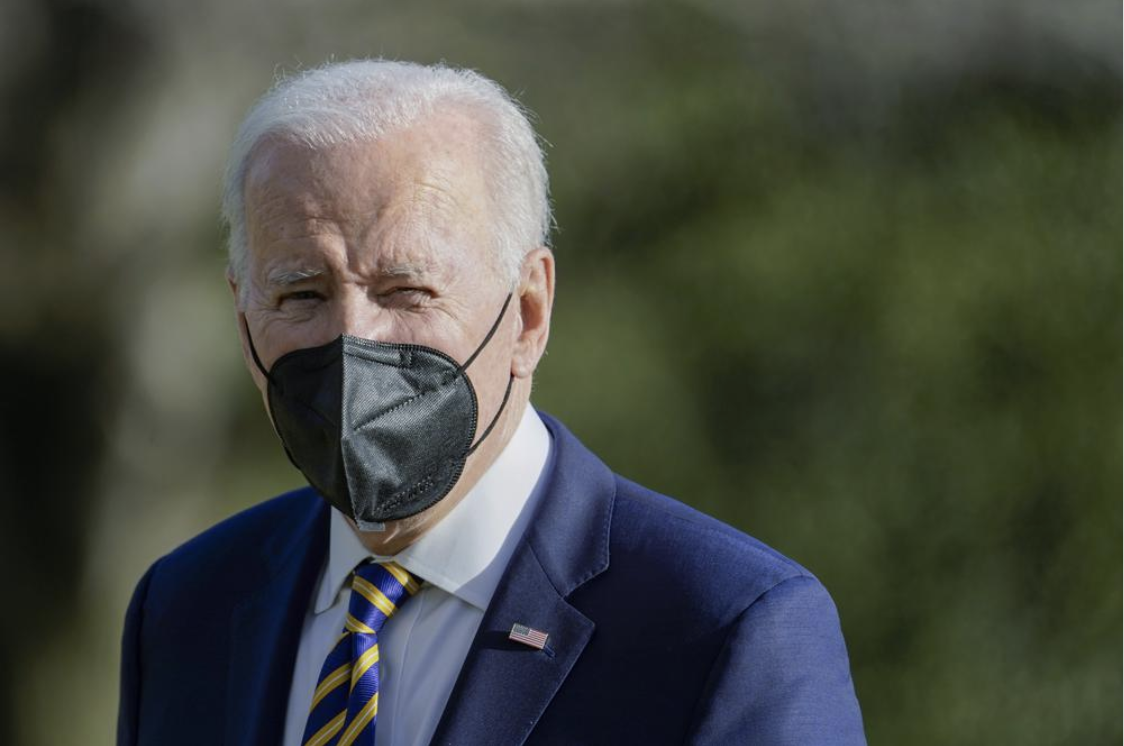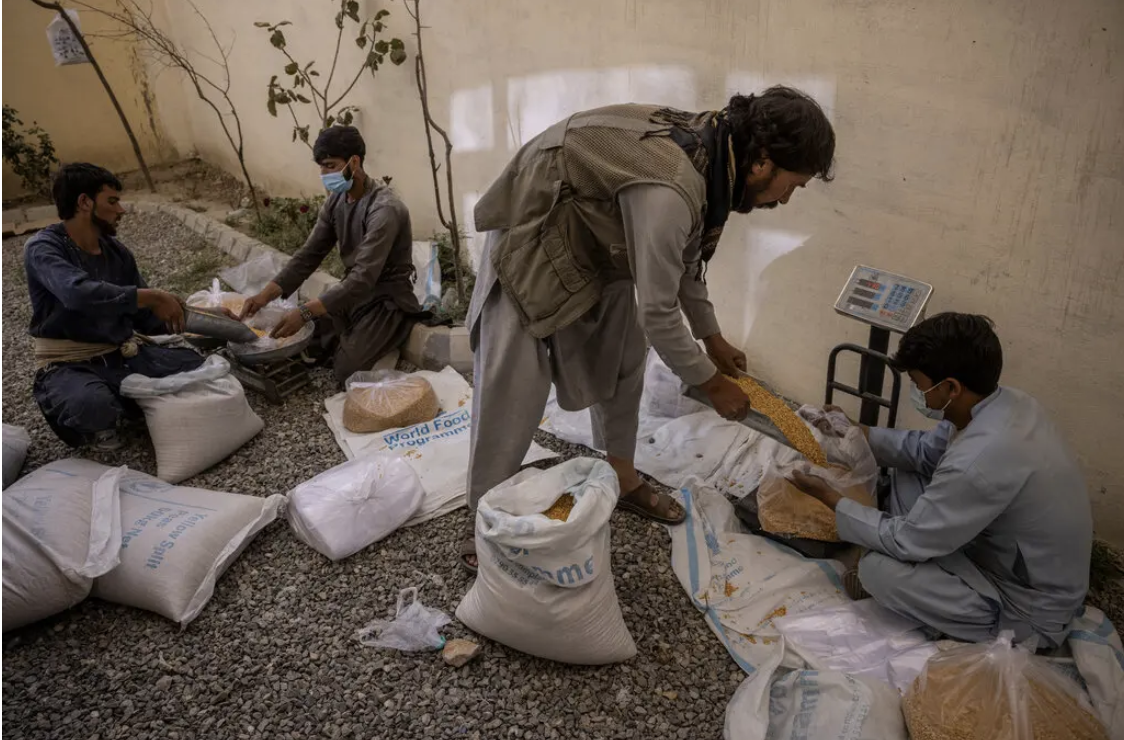Biden Moves To Split $7 Billion in Frozen Funds Between Humanitarian Aid and Legal Fund for Families of 9/11 Victims
President Biden announced Friday his plan to release $3.5 billion in frozen Afghan funds whilst reserving an equal amount for 9/11 families with legal claims against the Taliban. The funds, along with an additional $2 billion in reserves in other countries, were frozen since August of last year, after the Taliban ousted the US-backed government.
The executive order Biden signed Friday directed banks to supply the $3.5 billion to a trust fund, through which humanitarian groups will distribute relief to the Afghan people. Though the White House considers this a necessary measure to mitigate corruption and keep the money out of the hands of “malicious actors,” this process is predicted to take roughly two months– a delay which will only exacerbate the suffering currently being endured by the Afghan people.
The United Nations, who issued a $5 billion appeal for humanitarian aid, estimated that more than half of Afghanistan’s 39 million residents will face severe hunger this winter. As a result, the US has come under fire from both humanitarian organizations and domestic lawmakers to release the money in its entirety back to the country.
The decision was quickly denounced by various Taliban representatives, including secretary to Taliban acting first deputy minister Abdullah Azzam, who claimed via Twitter that President Biden “doesn’t have the right to pay from Afghans’ assets the ransoms of those whom the Afghans have not killed.” Local activists in Afghanistan also noted that none of the perpetrators of the September 11 attacks were of Afghan origin, and as such, there is no justification for keeping this money from the Afghan people.
President Biden arrives on the South Lawn on Thursday, February 10, 2022. Photo: Patrick Semansky / AP Photo
US officials, however, claim that 9/11 families have a legitimate legal case against the Taliban, who refused to hand over al-Qaeda leader Osama Bin Laden after the 2001 attacks. The remaining $3.5 billion is intended to act as a fund for the families’ legal fees as they seek compensation from the Taliban in court.
The original freezing of the funds left Afghanistan and its economic system – already decimated by effects of the COVID-19 pandemic – on the brink of collapse. Foreign aid had previously provided as much as 80% of the country’s budget. As a result, the Taliban, which has yet to be officially recognised as Afghanistan’s legitimate governing body, struggle to keep hospitals, schools, factories and government ministries fully funded and operational.
Public employees who did not lose their jobs after the fall of the former government have reportedly not been paid in months, and a limit has been placed on how much Afghan citizens are able to withdraw from their personal accounts, due to a shortage of physical currency and concern from experts about capital flight. There has also been a devastating fall in the value of the Afghan currency, worsening the already limited ability of struggling citizens to buy basic necessities.
David Miliband, head of the International Rescue Committee, reminded US Senators at a subcommittee hearing on Wednesday that their personal opposition to the Taliban’s leadership “is no excuse to punish the people.” Non-governmental organizations have warned the international community that without additional aid, the country could be facing a humanitarian crisis of unprecedented magnitude.
Workers in Kabul handing out rationed food provided by the World Food Program. Photo: Victor J. Blue / The New York Times


